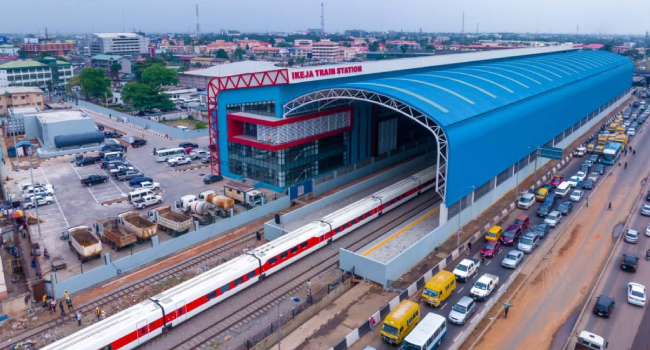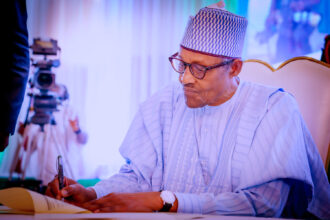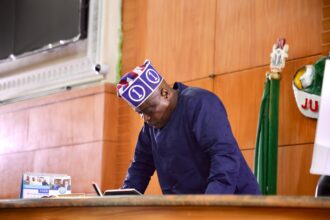...To get all news updates, Join our WhatsApp Group (Click Here)
Also Join our WhatsApp Channel (Click Here)
The Lagos Mass Transit Red Line Rail is set to commence partial operations today, marking a significant milestone in the state’s ongoing efforts to modernize its transportation infrastructure.
The announcement was made by Kolawole Ojelabi, the spokesperson for the Lagos Metropolitan Area Transport Authority (LAMATA), in a statement released on Tuesday.
The Red Line Rail, one of the six rail lines and a monorail outlined in Lagos’ Strategic Transport Master Plan will begin by offering free passenger services.
The trains will operate four daily trips between Oyingbo and Agbado, providing a critical link between Lagos and Ogun State. This connection is essential as many workers and business owners in Lagos reside in Ogun, easing their daily commute.
Ojelabi highlighted that the launch of the Red Line represents the culmination of extensive planning and preparation, including the training of technical and ground staff, the installation of security features, and a successful six-week trial run conducted without passengers to ensure safety, reliability, and efficiency.
“From Wednesday, August 28, the Red Line system will interact with non-fee-paying passengers in organized groups to collect feedback before the commencement of commercial operations,” Ojelabi stated.
“The partial operations, similar to what was done during the test phase of the Blue Line, is a major step forward in realizing the Lagos State Government’s vision of a modern, efficient, integrated, and sustainable transportation system,” he added.
The first phase of the Red Line spans 27 kilometres from Agbado to Oyingbo, offering a reliable and affordable transportation option aimed at reducing traffic congestion and improving the quality of life for Lagos residents.
You can get every of our news as soon as they drop on WhatsApp ...To get all news updates, Join our WhatsApp Group (Click Here)
Also Join our WhatsApp Channel (Click Here)












